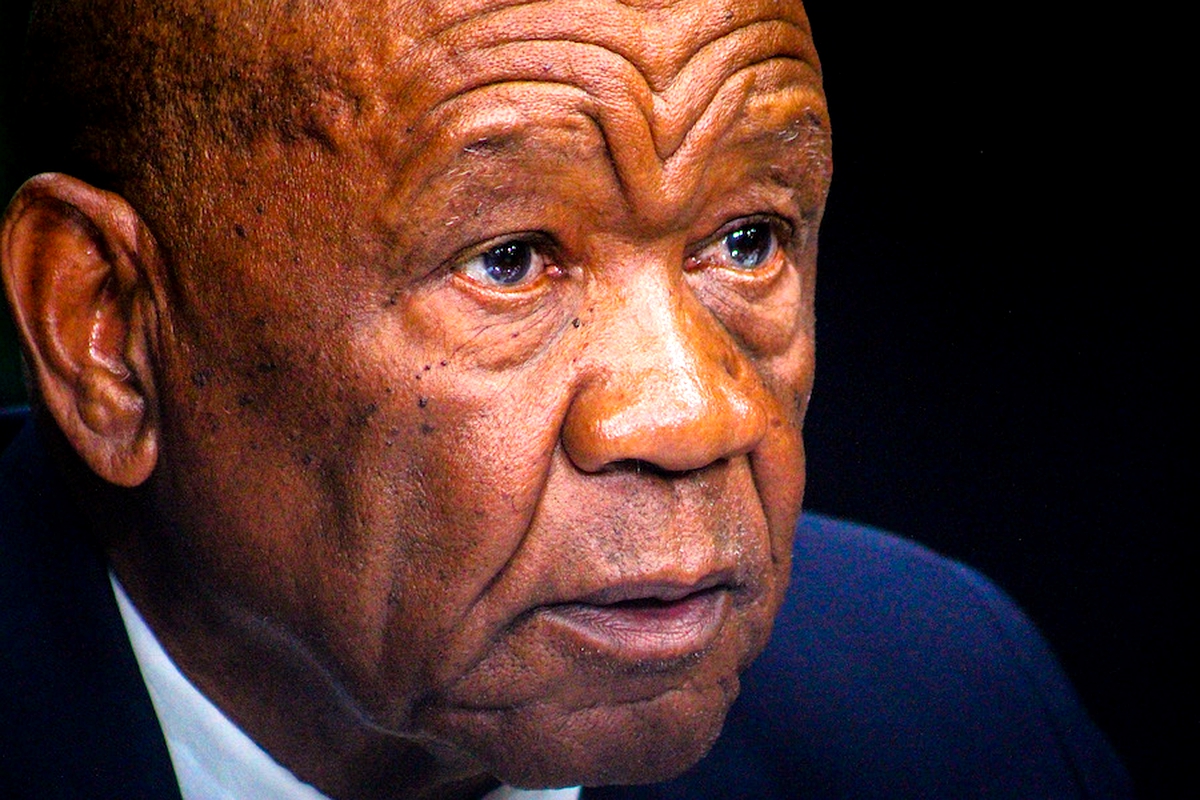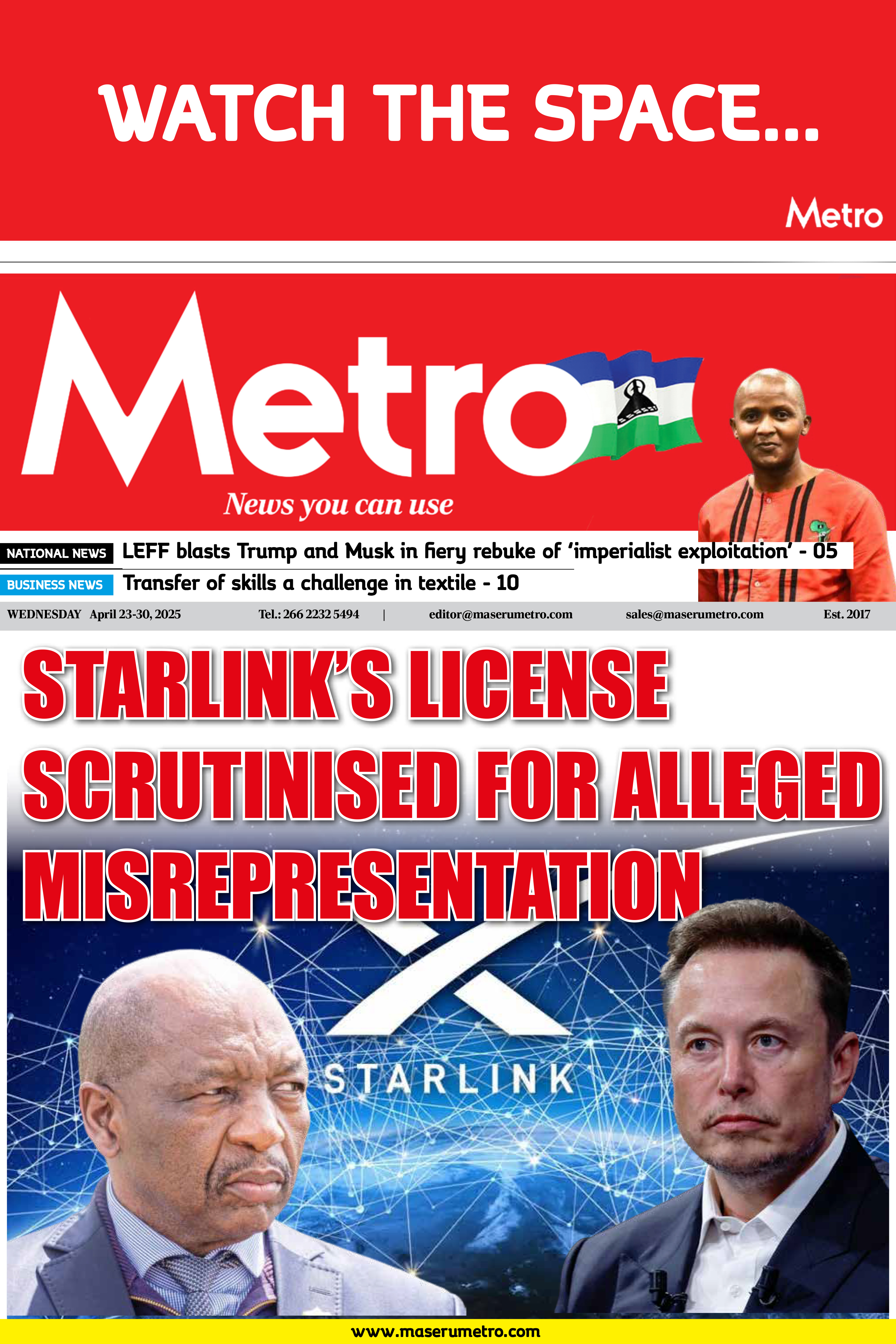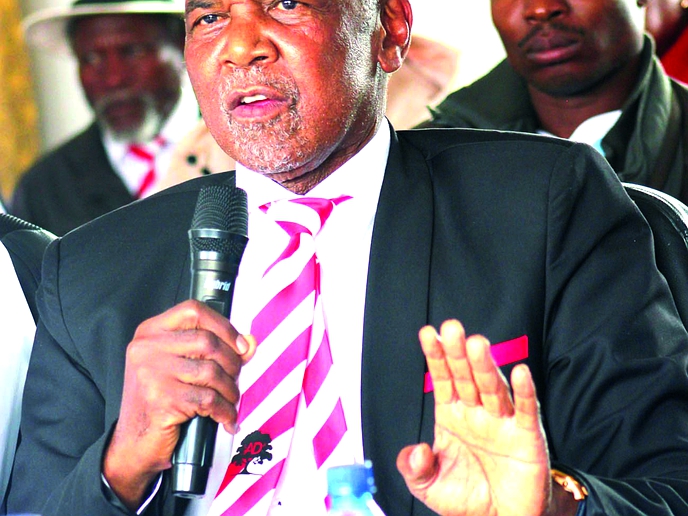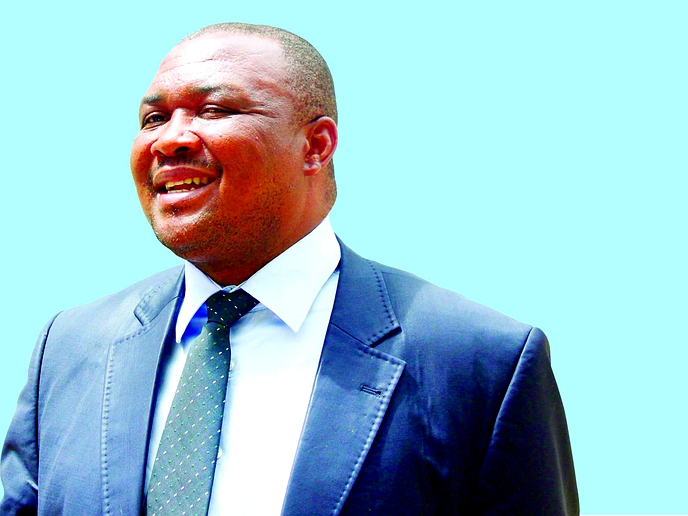MASERU - A vast number of Basotho could find themselves living much below the poverty line if the current political situation in the country continues, where government stability is in question and thereby affecting the already poor service delivery. Prime Minister Thomas Thabane has already conceded the situation, outlining a new government strategy to create youth employment and other community jobs as a way of intervention in short and medium terms.
comments
July 11, 2019
LAWRENCE KEKETSO
5 min read
Basotho want food, not political changes or elections

Dr Thabane promised that his government would create around 8 000 jobs for university graduates who have been pushed to the point of destitution as a result of scarce jobs and dwindling funds for the government and the whole economy of the country to absorb the young graduates entering the job market. The new promise comes amidst pressure on government to bring sense to its recurrent expenditure, with the government bill one of the highest per capita in the sub-region. There has also been more pressure in recent months on Dr Thabane’s administration to meet urgent expenditure needs, some of which had not been included on the spending votes, because government is said to be broke.
Compounding more to the poverty woes, would be the recent announcement by the country’s Disaster Management Authority (DMA) that last season’s crop failure as a result of the continued drought and el nino effects, will necessitate a balance of around 53,000 metric tons of grains to feed over half a million Basotho who are in need of food support this year. According to the DMA report, most of the essential assistance will have to come in as either food aid or at least advance support, which the government will in no way be able to support through subsidies, if the story of being broke is not fake. The situation has attracted a lot of debates amongst the citizens, speaking at different formal and non-formal platforms to criticise the current government for pushing the country to ‘a failed state’ position.
Enjoy our daily newsletter from today
Access exclusive newsletters, along with previews of new media releases.
The Leader of Movement for Economic Change (MEC), Selibe Mochoboroane, in his rallies and in the media, has openly called for the premier to step down, saying he is left with no more tricks to save the country from the downward trend it is heading. “I can only support a transition government that has no Ntate Thabane heading it, because he has failed. But, if not, then the law will supersede, as he has the powers to call for the dissolution of parliament, then what, elections,” he said.
For Mr Mochoboroane and other leaders in the opposition, a motion of no confidence in the Prime Minister, that is looming, should be met with genuine thought of Lesotho and Basotho, as the country, according to the many statements that have been made, cannot afford the kind of spending that elections would costs. For many Basotho, the question is where would the money to hold elections come from? Are there international bodies, be it donors or the friends of Lesotho, who are willing to bail out the Kingdom by holding an expensive election exercise, than to lend a helping hand to feed the over half a million of the population which is in shear hunger?
Others have even argued that an election will not bring change to the current situation, saying the change of government and a call for an early election is only to benefit the politicians, who know that the collapse of government will bring ease to their M500,000 loans which will lapse with the early death to parliament life. “They have consumed all those monies they borrowed, now they want more. It is only a strategy,” said a caller in one of the popular morning phone-in radio programmes. That kind of thinking is not isolated amongst Basotho in both urban and rural areas, who participate on the radio shows even through cheaper real-time platforms such as WhatsApp and other messaging apps.
The common call has been for the government to concentrate on providing services to the nation rather than focus on their own political fights. Since the February 1 and 2 elective conference of the leading ruling party in the current coalition, the All Basotho Convention (ABC), as seen by many political observers and Basotho in general, government focus has been diverted to the party’s in-fighting with less energy being afforded the real business of government, by those charged with the responsibility at the highest level. The ABC intra-party conflict has consumed most of the hours needed by the courts of law in their discharge of justice and even today the saga has not yet been resolved, while the government’s stability is becoming even more shakier and uncertain.
Human and socio-economic rights activists, such as the Transformation Resource Centre (TRC), argue that the current situation needs an urgent attention, if the state is to be saved from more embarrassment. “We cannot sit and watch when people go worse hungry at the expense of a government that does not give itself a chance to listen to the people’s woes,” the Director of TRC, Tsikoane Peshoane, said in an interview. He said unless everybody realised that the current intra-party politics within major political parties, especially the ABC, had graduated to a national crisis, it would be difficult to see the need for it to be resolved.
For Mr Tsikoane and others who hold the same view, even the very ABC leaders who are at opposing positions, some of them are on denial of the elevation of their conflict, saying it is being exaggerated. “It is not that people are that blind, but some of them are so consumed in this conflict, they fail to see anything outside their own thinking and short-sightedness,” said one observer recently on radio. They even believe that even with the recent signing by political parties to secure the reforms through a parliamentary enactment that will establish the relevant authority, it is only if there is a political will on the part of all that such processes will run to the very end.
Whether the government of Dr Thabane is saved or there is a new animal put in place, be it a government of national unity, a transitional structure or even a change of power in the parliament, the urgent and real healing of Lesotho and Basotho will only come about when all is well. “You can bring about all these nice sounding changes, but for as long as Basotho’s human and economic rights are not secure, it is a non-starter,” concludes Mr Tsikoane. For many of the callers on daily radio shows, they cannot stop making noise, ‘as long as there is nothing in their mouths’!
Tailored for you






